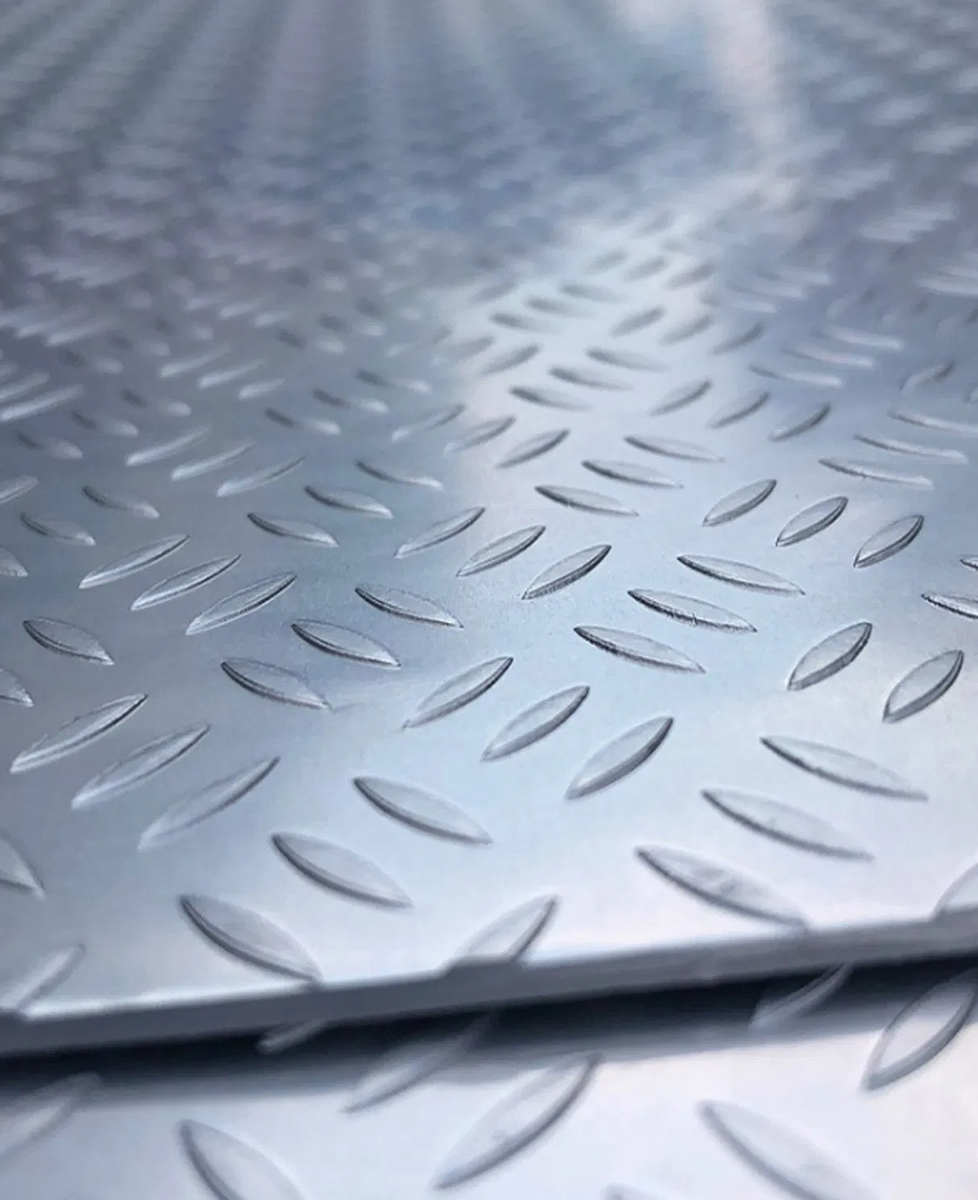Alm Sheet
Aluminum sheet is a thin, lightweight, and strong sheet of aluminum or aluminum alloy. It’s used in many industries, including construction, automotive, aerospace, and manufacturing.
Material Properties
Aluminum sheets have many properties, including:
Lightweight: Aluminum is less dense than other metals, making it lightweight.
Corrosion resistant: Aluminum naturally creates a thin protective coating of aluminum oxide when exposed to an oxidizing environment.
Reflective: Aluminum reflects about 80% of light and 90% of heat, making it useful for roofing and heat shields.
Good conductor of heat and electricity: Aluminum is a good conductor of heat and electricity.
Non-combustible: Aluminum does not burn and is classified as a non-combustible material.
Durable: Aluminum is strong and durable, making it a good choice for construction.
Low maintenance: Aluminum is durable and low maintenance.
Deformable: Aluminum can be severely deformed without failure, allowing it to be formed by rolling, extruding, drawing, machining, and other mechanical processes.
Alloyed with other metals: Aluminum is commonly alloyed with copper, zinc, magnesium, silicon, manganese, and lithium.
Material Chemical Compostion
Aluminum 1100: This alloy is made up of about 99% aluminum and trace amounts of other elements like iron, copper, manganese, silicon, and zinc. It is known for its high conductivity and corrosion resistance.
Aluminum 1050: This alloy is made up of aluminum, copper, iron, manganese, magnesium, silicon, zinc, and titanium. It is known for its corrosion resistance, ductility, and reflective finish.
Pure aluminum: Pure aluminum is made up of about 99.5–99.9% aluminum and 0.12–0.5% copper.
Aluminum sheets are used in a variety of industries, including chemical processing, food packaging, and construction.
Category:
Date:
January 16, 2025


